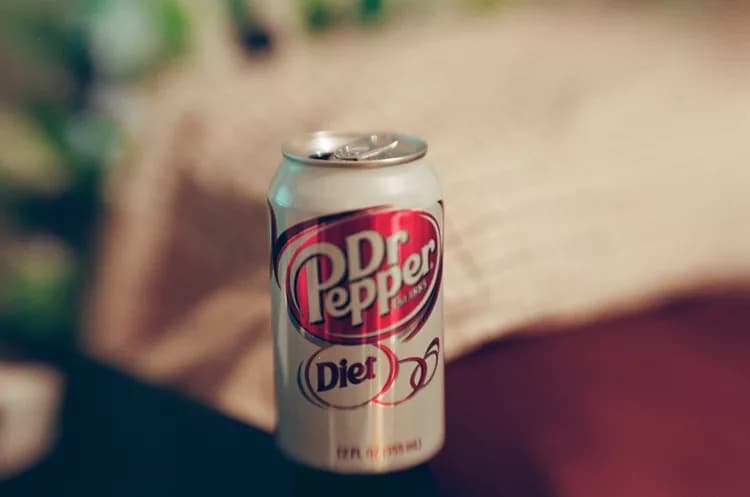A recent study by investigators at the National Institute of Diabetes, Digestive and Kidney Diseases at the National Institutes of Health measured how much artificial sweetener is absorbed into the blood stream by children and adults after drinking a can of diet soda. Results of this study are published in Toxicological & Environmental Chemistry.
The team measured the artificial sweeteners sucralose and acesulfame-potassium, which are found in a wide range of packaged foods and beverages. These artificial sweeteners, also including saccharin and aspartame, have received a lot of attention lately because it has been found that they are not inert chemicals with a sweet taste, but active substances that can affect the metabolism.
Despite their approval as food additives following the submission of detailed safety data to the United States Food and Drug Administration (FDA), concerns about their safety and especially about their long-term health effects remain. Artificial sweetener use is increasing worldwide because it is universally accepted that high sugar consumption promotes a variety of health problems, including obesity and diabetes. The food industry responds to the consumer demand, and increasingly replaces sugar with artificial sweeteners in order to provide tasty goods with lower sugar content. Most consumers expect that weight loss will result from switching to artificial sweeteners (because they contain no or fewer calories), but paradoxically the opposite may happen.
Given this background, the authors performed a study to extend previous investigations into plasma concentrations of sucralose and acesulfame-potassium. Artificial sweetener concentrations were measured among adults following ingestion of various doses of sucralose with or without acesulfame-potassium, both in diet soda and mixed in seltzer or plain water. Results obtained in adults were then compared with measurements obtained in children.
The study comprised 22 adults aged 18-45 and 11 children aged 6-12 with no known medical conditions and who were not using any medications, enrolled in a randomized same-subject crossover study. The protocol was approved by the Institutional Review Board of the National Institute of Diabetes and Digestive and Kidney Diseases (NIDDK).
The results of the study demonstrate that, compared to adults, children had double the concentrations of plasma sucralose after ingestion of a single twelve ounce can diet soda. The same research team previously found that these artificial sweeteners were also present in breast milk when mothers ingested foods, drinks, medicines or other products that contained artificial sweeteners. Since infants have less ability to clear substances from their blood stream via the kidneys (lower glomerular filtration rate up to age 2 years), the authors speculate that the infants' artificial sweetener blood levels may be proportionately even higher.
These results are important because early life exposure to artificial sweeteners may influence a child's future taste preferences, diet and metabolic fate. Since it is known that children generally prefer more sweetness than adults, they are especially vulnerable to the intense sweetness provided by artificial sweeteners.
The findings of this study also highlight the fact that some people absorb relatively small amounts of artificial sweeteners and some exorbitantly high amounts. Overall, this study will help others with the design and interpretation of crucial future research to better understand what artificial sweeteners do to our health.
Materials provided by Taylor & Francis. Note: Content may be edited for style and length.
Disclaimer: DoveMed is not responsible for the adapted accuracy of news releases posted to DoveMed by contributing universities and institutions.
Primary Resource:
Sylvetsky, A. C., Bauman, V., Blau, J. E., Garraffo, H. M., Walter, P. J., & Rother, K. I. (2016). Plasma concentrations of sucralose in children and adults. Toxicological & Environmental Chemistry, 1-8.
Related Articles
Test Your Knowledge
Asked by users
Related Centers
Related Specialties
Related Physicians
Related Procedures
Related Resources
Join DoveHubs
and connect with fellow professionals


0 Comments
Please log in to post a comment.